The Birth of Unity
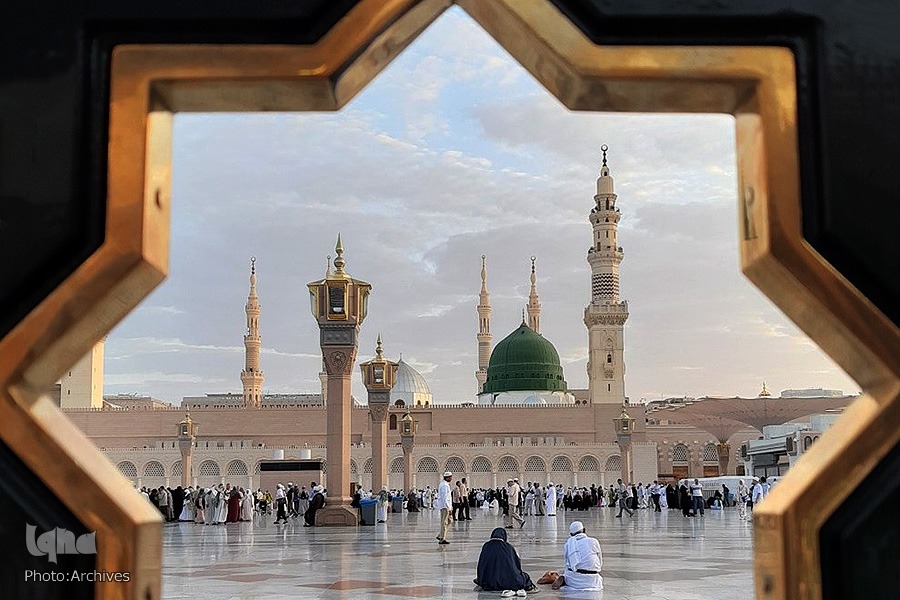
He belonged to the respectable family of the Quraysh who were active in Meccan politics and trade.
Before the foundation of Islam, most tribes in Mecca were polytheistic, worshipping their own set of gods. Mecca was home to many worship sites and temples filled with idols of the gods.
And one of the most famous sites housing numerous idols was Kaaba (meaning cube in Arabic), the holy site at the center of the Islam's most important mosque, the Masjid al-Haram in Mecca and considered by Muslims everywhere to be the most sacred spot, on Earth.
Allah was also considered as one of the gods, of course the greatest one without an idol.
At the age of 40, prophet Muhammad (PBUH), being a monothetic, who was very religious and used to take journeys of devotion to sacred sites near Mecca began to have revelations from Allah that became the basis for the Quran and establishment of Islam.
While meditating in a cave on Mount Jabal aI-Nour during one of his pilgrimages in 610, the Angel Gabriel appeared and relayed the word of God: “Read, [O Prophet] in the Name of your Lord Who created, created humans from a clinging clot, Read! And your Lord is the Most Generous…” (chapter 96).
He welcomed the message from Allah and shared his experience with other potential believers, including his wife Khadija.
Once he started to condemn idol worshiping and polytheism publicly, he was asked to abandon preaching, however, he did not surrender.
Despite the threats, oppositions and resistance, prophet Muhammad (PBUH) and his true followers refused to concede and were forced to emigrate from Mecca to Medina (city in the Hejaz region of western Saudi Arabia). While settling in Medina the Muslim community began to grow and gather more followers.
And finally, after series of battles, in 630, the Muslim army took Mecca with minimum casualties. Prophet Muhammad (PBUH) granted amnesty to many of the Meccan leaders who had opposed him and pardoned others. Most of the population of Mecca converted to Islam and the prophet and his followers destroyed all of the statues of pagan gods in and around the Kaaba.
In 632, before his sad demise, in his sermon delivered while returning from farewell pilgrimage he appointed Ali ibn Abi Talib, his loyal companion, cousin and son-in-law, as his successor.
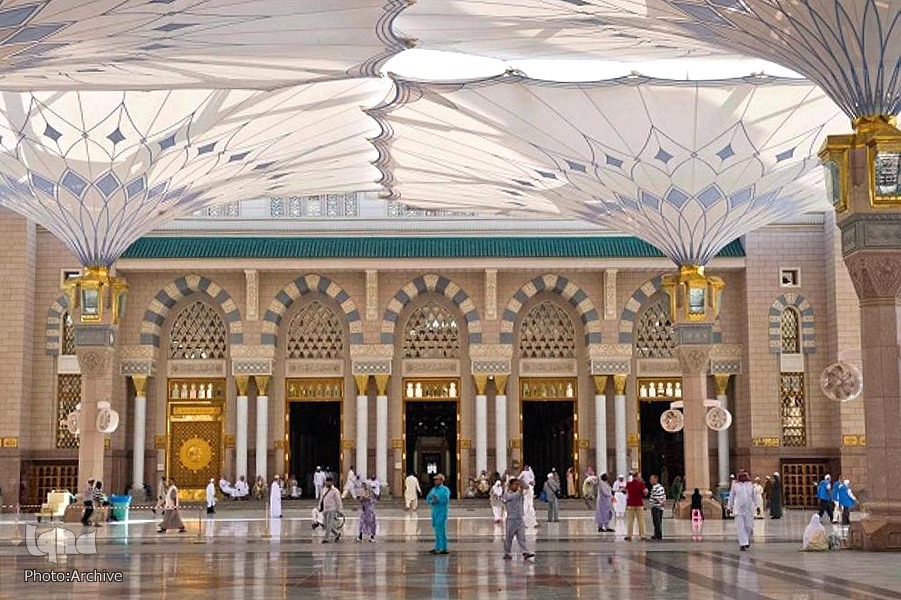 Al-Masjid an-Nabawi known in English as The Prophet's Mosque, in Medina
Al-Masjid an-Nabawi known in English as The Prophet's Mosque, in Medina
This point of history is where the ways of Muslims are parted and the centuries-long disputes originates and results in formation of two major denomination of Islam: Shia and Sunni Islam.
Shias, a term that stems from shi’atu Ali (AS), Arabic for “partisans of Ali,” believe that Ali (AS) and his descendants are part of a divine order. On the other hand, Sunnis, meaning followers of the sunna, or “way/tradition” in Arabic, of Muhammed, are opposed to political succession based on Prophet Muhammed’s bloodline.
Eventually the Sunni majority chose Abu Bakr to become the first caliph (leader) of the Islamic community. Imam Ali (AS) became the fourth caliph (but first Imam, as Shias call their leaders).
Today, out of the approximately 1.6 billion Muslims around the world 85 percent are Sunni, while 15 percent are Shia, according to latest estimates.
Shia represent the majority of the population in Iran, Iraq, Bahrain, and Azerbaijan and a plurality in Lebanon, Sunnis are the majority in more than 40 other countries, from Morocco to Indonesia.
While Sunni and Shia, agree on most of the fundamental beliefs and practices of Islam, the bitter split still fuels controversies between the two sects, especially in the Middle East and Muslim countries.
In recent years sectarian violence among Muslims is still ongoing, tensions between Muslim communities have intensified during power struggles resulting in civil wars, and formation of ISIS and other Takfiri-terrorist groups (extremist groups) who have launched a genocide against Shias, has rubbed salt into the wound.
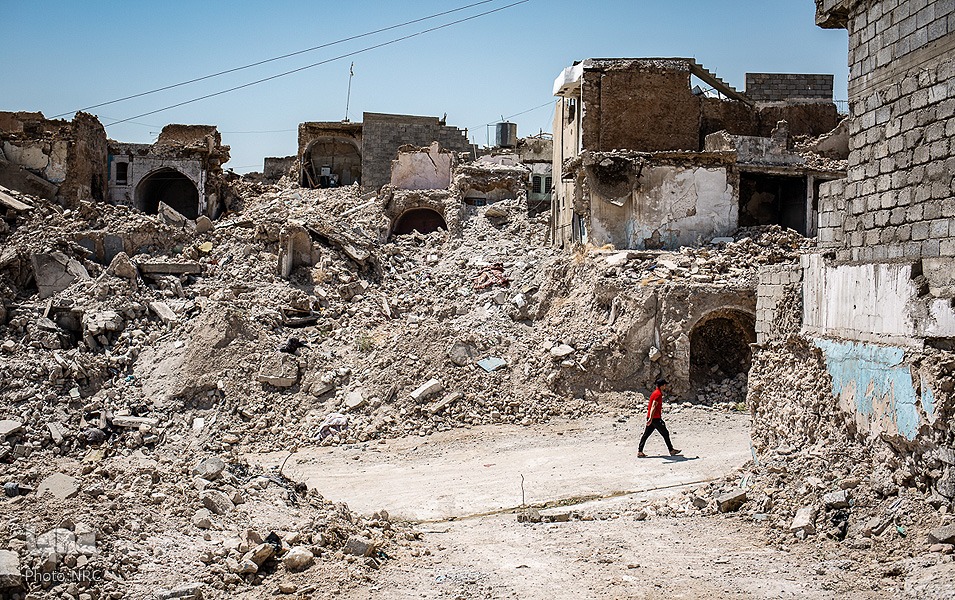 A photo from Mosul, a major city in northern Iraq, two years after Daesh (ISIL or ISIS) terrorist forces left the region
A photo from Mosul, a major city in northern Iraq, two years after Daesh (ISIL or ISIS) terrorist forces left the region
A birth anniversary to restore unity
In November 1981, following an inspiration by late Ayatollah Khomeini (the founder of the Islamic Republic of Iran and the leader of the 1979 Iranian Revolution), the week beginning with and ending in the birth anniversary of Prophet Mohammad in Sunni and Shia narrations has been observed as Islamic unity week ever since.
The week-long ceremony marks the birth of prophet Muhammad (PBUH). The week is held between two dates: twelfth of Rabi Al Awwal (the third lunar month) falling on October 19, 2021, and seventeenth of Rabi al Awwal, falling on October 24, the former narrated by Sunnis as the birth date of prophet Muhammad (PBUH) and the latter narrated by Shias.
This ceremony is aimed to build solidarity between Shia and Sunni Muslims across the globe.
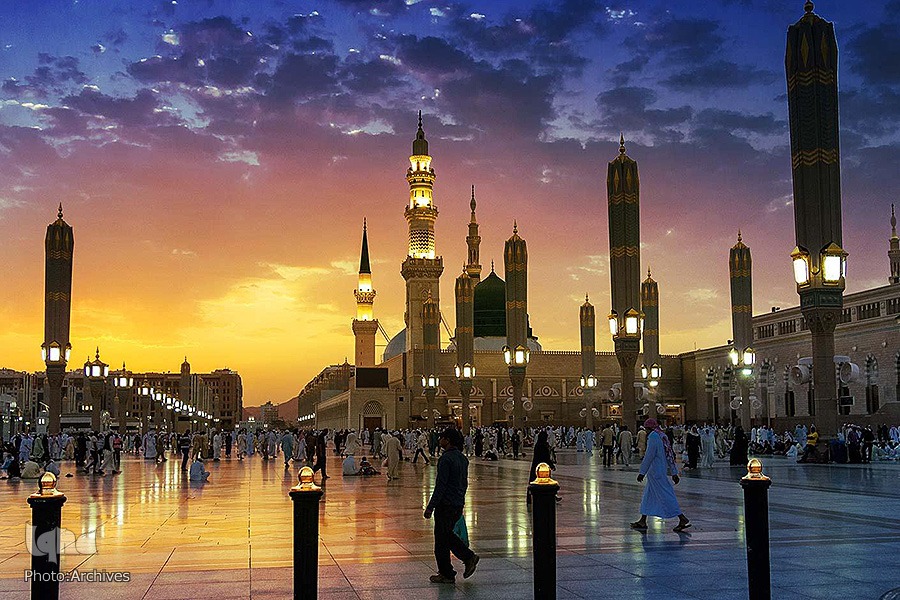 Al-Masjid an-Nabawi known in English as The Prophet's Mosque, in Medina
Al-Masjid an-Nabawi known in English as The Prophet's Mosque, in Medina
Islam is a global religion
Islam is a global religion and Muslims living across the world are the concrete manifestation of its universality.
Nonetheless, souring the already conflict-ridden Sunni-Shia relations or encouraging sectarian violence by sparking long-running disputes would definitely undermine its universality and push Muslims into closed circles who could not convey the great massage of Islam effectively to the world.
Unity among Muslims, regardless of race, color, faith, or language would greatly benefit them all despite all the differences.
However, unity will not be achieved by rehashing old disputes which would merely set the ground for opportunist enemies to provoke hostility among Shia and Sunni Muslims.
Seeking unity among Muslims and proximity of Islamic schools of thought is a fundamental necessity, however, there are diverse jurisprudential and theological approaches in every Muslim community. This is a natural aspect of every religion and forcing everyone to follow the same set of beliefs has always ended catastrophically throughout the history.
Encouraging people to recognize and respect each denomination and schools of jurisprudence rather than forceful renunciation is the key to a united Muslim community.
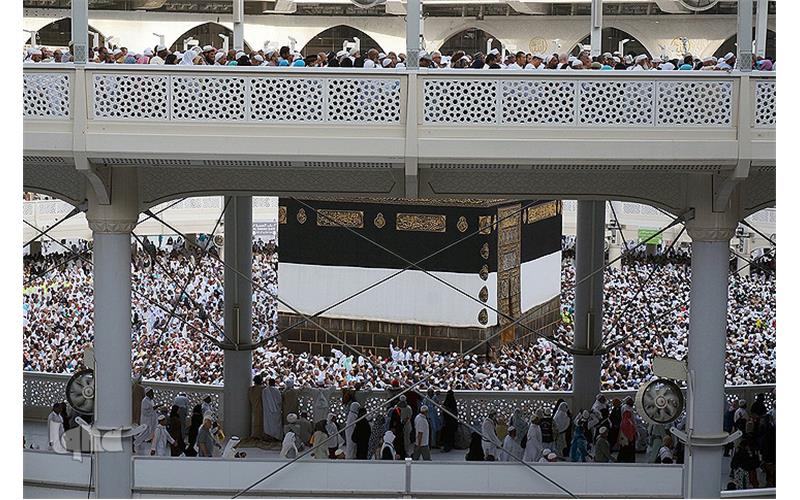 An undated photo depicting Shia, Sunni Muslims, regardless of race, color, language, ... gathering together in hajj pilgrimage (photo taken before covid19 pandemic)
An undated photo depicting Shia, Sunni Muslims, regardless of race, color, language, ... gathering together in hajj pilgrimage (photo taken before covid19 pandemic)
 Most Commented
Most Commented 


